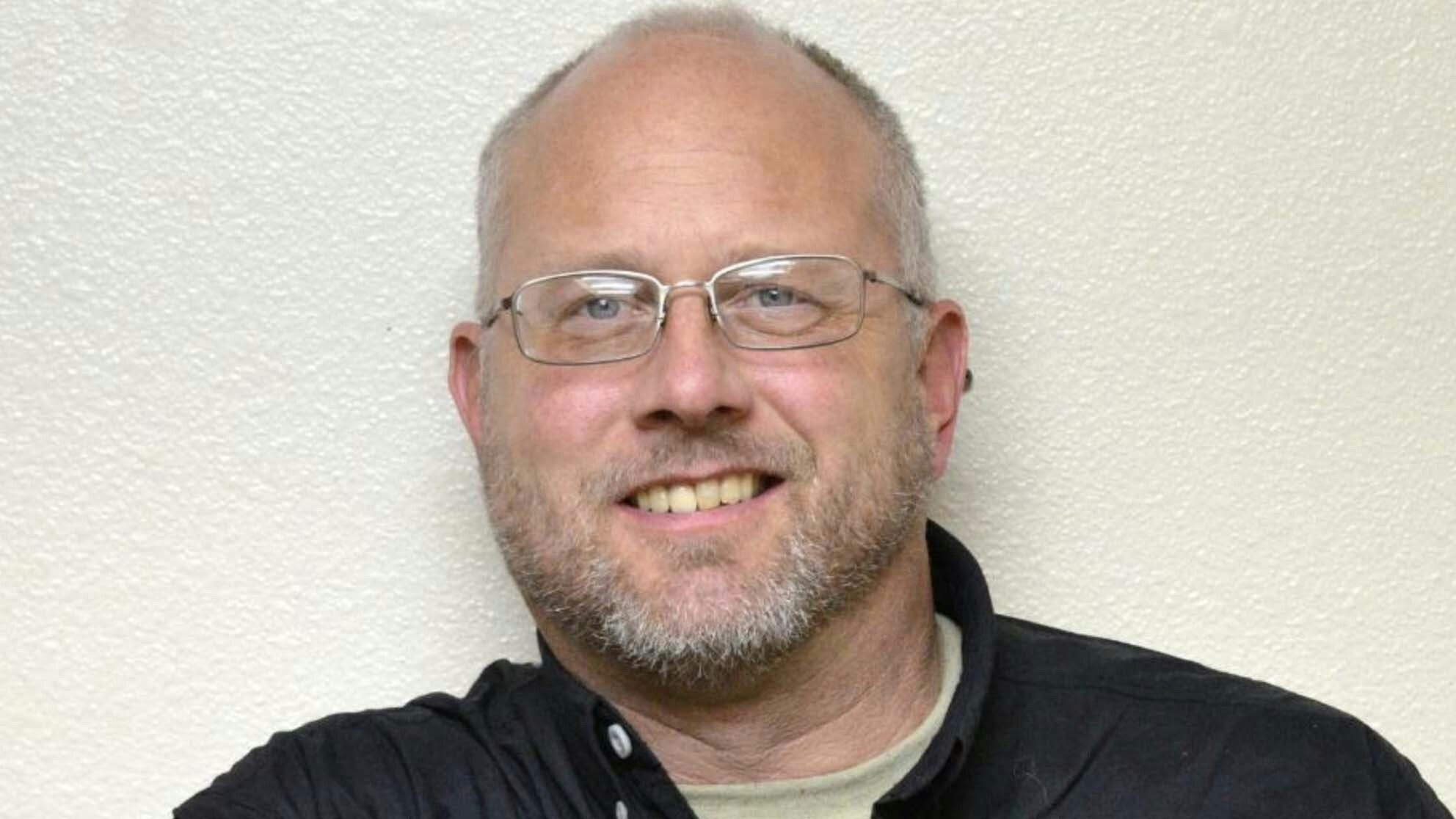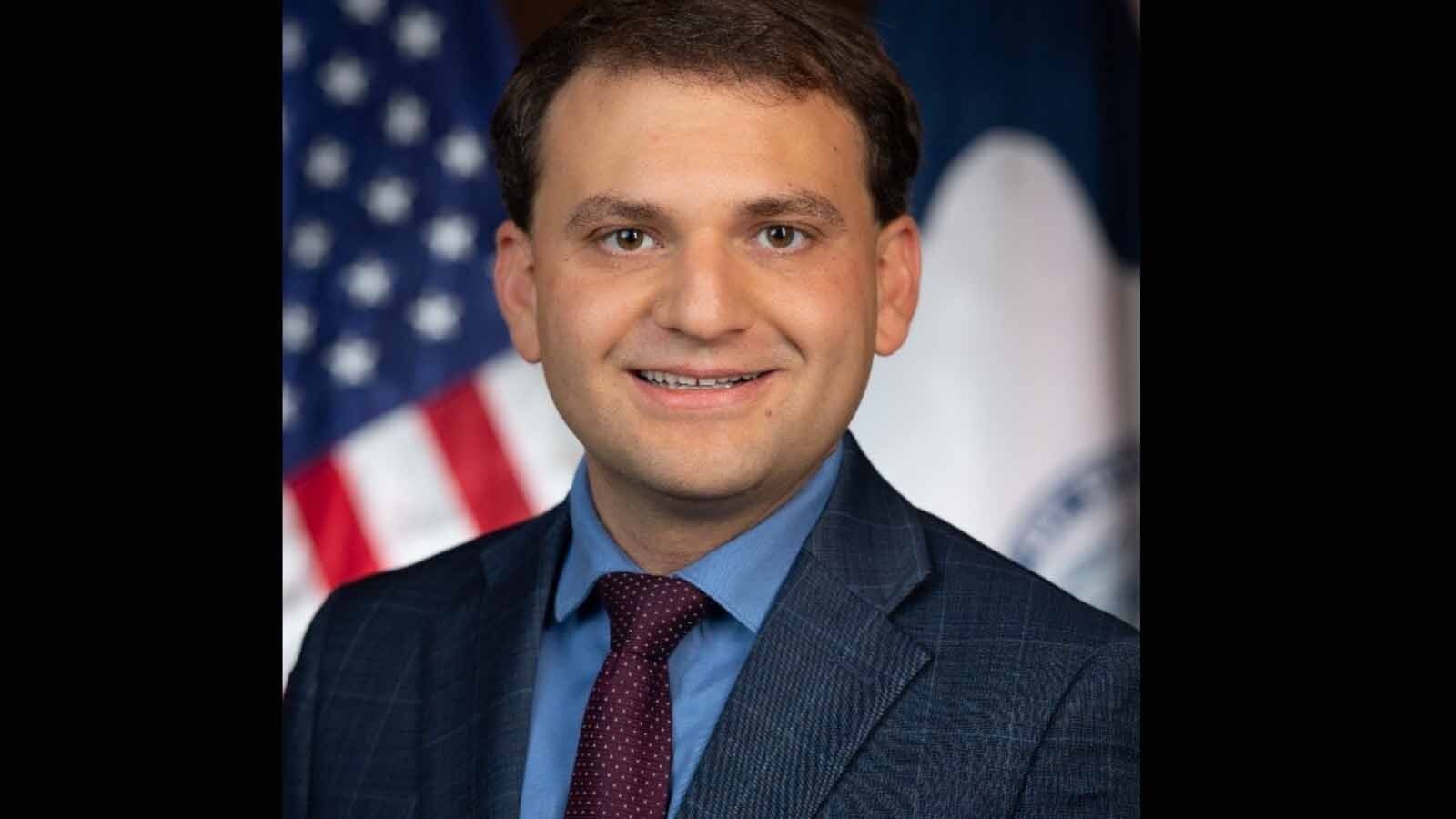By Jonathan Lange
Monday, December 13, will mark the 50th anniversary of oral arguments in the case of Roe v. Wade. Thirteen months later the Supreme Court handed down arguably the most destructive decision in SCOTUS history. It has resulted in the legalized extermination of 63.7 million Americans.
In addition to the staggering human costs, Roe v. Wade, together with Planned Parenthood v. Casey, have inflicted additional injuries upon the body politic.
On Wednesday, December 1, 2021, council for the state of Mississippi stood before the Supreme Court and said, “Roe versus Wade and Planned Parenthood versus Casey haunt our country. They have no basis in the Constitution. They have no home in our history or traditions. They’ve damaged the democratic process. They’ve poisoned the law. They’ve choked off compromise. For 50 years, they’ve kept this Court at the center of a political battle that it can never resolve. And 50 years on, they stand alone. Nowhere else does this Court recognize a right to end a human life.”
These were the opening lines of oral argument in defense of Mississippi’s Gestational Age Act. They echoed Mississippi Attorney General, Lynn Fitch, who wrote, “Roe and Casey are unprincipled decisions that have damaged the democratic process, poisoned our national discourse, plagued the law—and, in doing so, harmed this Court.”
Mississippi’s Gestational Age Act was carefully crafted by an extensive legislative process to balance multiple interests. It allows abortions after the 15th week of gestation, but only under circumstances designed to protect women, the medical community, and babies according to the constitutional duties of the state. Nevertheless, lower courts have blocked its enforcement based on the arbitrary “viability test” imposed by Roe and Casey.
This case, Dobbs v. Jackson, has garnered national attention because it is the first case in nearly 30 years that directly calls for Roe to be overruled. More than 80 Amicus Briefs were filed in support of the state of Mississippi (30 more than those opposing the state’s rights).
Wyoming, along with 23 other states, filed a brief arguing that both “Roe and Casey should be overruled” because they have severely distorted the most foundational legal doctrines. By them, states are denied their Constitutional right to protect their own citizens by publicly debated and carefully balanced laws.
Another brief, signed by 396 state legislators from 41 different states included signatures from Senators Biteman, Hutchings, and Steinmetz of Wyoming, along with former Representative Winters. It argues that the “viability prerequisite to abortion regulations prevents state legislatures from” keeping their “oath to uphold the Constitution of the United States and the constitution of the particular state in which he or she serves.”
Wyoming’s entire Washington delegation (Barrasso, Lummis and Cheney) joined a brief filed by 228 Members of Congress saying: “It is long overdue for this Court to return lawmaking to legislators.”
All three of these amici highlight a constitutional problem at the heart of Roe and Casey. The Tenth Amendment guarantees: “The powers not delegated to the United States by the Constitution, nor prohibited by it to the States, are reserved to the States respectively, or to the people.” Yet the Supreme Court has robbed the right of states to regulate the practice of medicine within their borders. This is nowhere granted by the Constitution.
Roe forced 46 states, including Wyoming, to rewrite laws, not based on science and the rational consensus of its citizens, but in order to satisfy seven unelected men in Black robes. In so doing, it froze in place outdated science and prevented America from keeping up with modern medical advances.
In 1971 ultrasounds were not yet invented, and “viability” translated to 28 weeks of gestation. Today ultrasounds can see beating hearts at eight weeks gestation, and fingers by the tenth week. As for “viability,” an Alabama boy born at 21 weeks recently celebrated his first birthday.
For nearly a half-century, America’s medical practice has been hobbled by Roe. While the rest of the world was modernizing its laws to protect mothers and children after the 20th week of gestation, Roe and Casey have weighed us down like a millstone. Embarrassingly, America is one of only seven nations on the planet allowing unrestricted abortion through all nine months of pregnancy.
During Wednesday’s oral arguments, Justices Barrett and Kavanaugh, the critical swing votes on the Court, signaled their willingness to overturn Roe and Casey. If that happens, it will not change abortion law overnight. Rather, it will take a huge thumb off the scales of justice.
Five decades after the Supreme Court unconstitutionally demanded that Wyoming change her laws, legislative debates are still short-circuited by the non-scientific and non-democratic question: What will the Supreme Court say? It’s high time that the high court ask, instead: What do the people of Wyoming say?





